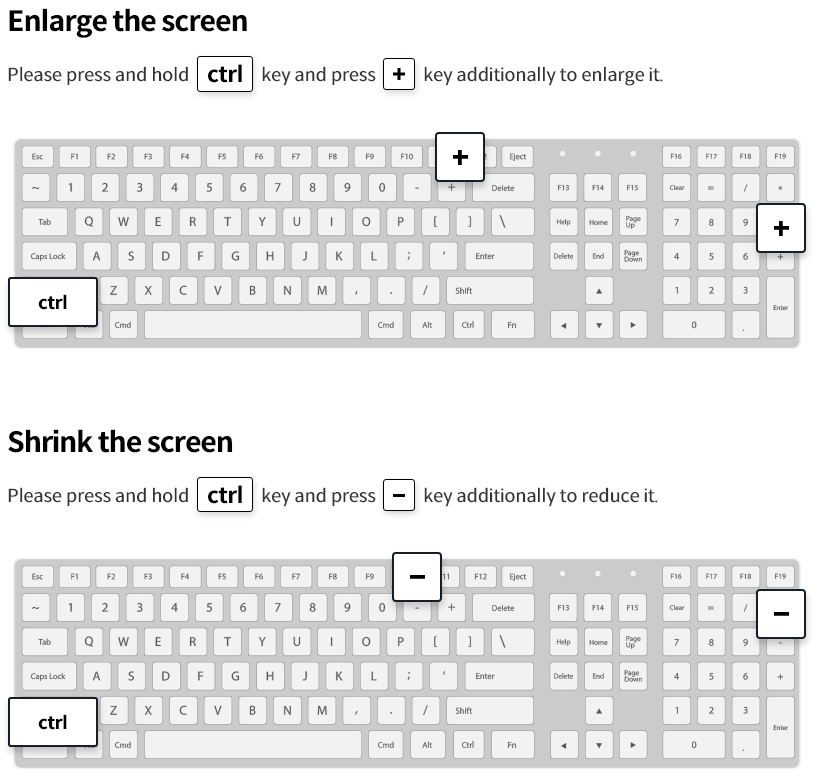The Export-Import Bank of Korea (www.koreaexim.go.kr, Chairman Kim Yong-hwan, “Korea Eximbank”) announced on May 6 that it co-hosted an EDCF* Development Finance Seminar themed “The Next Chapter of Development Cooperation : Challenges and Choices” at Conrad Hotel, Seoul, with the Ministry of Strategy and Finance (MOSF).
* Economic Development Cooperation Fund (EDCF): A government-established fund that provides long-term, low-interest loans to developing countries to aid their socioeconomic development and promote economic cooperation with Korea. As of the end of 2012, a total of KRW 9.1 trillion in EDCF loans has been provided to 294 projects in 51 countries.
The seminar was attended by over 100 delegates from international institutions such as Germany’s Kreditanstalt für Wiederaufbau (KfW), France’s Agence Française de Développement (AFD)*, the World Bank (WB), the Asian Development Bank (ADB), and the Vietnamese government as well as from Korean government agencies, corporations, and academia.
* German and French development finance institutions which provide assistance to developing countries and promote international economic cooperation
The seminar was held to provide an overview of development finance*, which is emerging as a key development cooperation agenda, and to explore the way forward for EDCF at a time when demand for infrastructure is surging in the developing world**. Renowned ODA agencies such as AFD, KfW, the World Bank, and the ADB were invited to share their expertise and know-how on development finance.
* Development finance is a comprehensive concept encompassing various financial tools employed to support developing countries, including traditional concessional loans, semi-commercial loans, guarantees, and equity investments.
** The World Bank estimates the demand for infrastructure in the developing world to be around USD 900 billion.
In his opening address, Director General Yoon Tae-yong of the International Economic Affairs Bureau at the MOSF outlined the global discussions surrounding development finance and offered examples of relevant initiatives by EDCF. As for EDCF’s future direction, Director General Yoon proposed that EDCF enhance its development finance-related capabilities, boost public-private partnerships, and bolster cooperation with key ODA institutions such as MDBs.
In session 1, titled Improving Development Effectiveness through Development Finance, Director Hong Sung-hoon of Korea Eximbank’s EDCF Planning Department introduced the OECD Development Assistance Committee (DAC)’s ‘Roadmap for Development Finance*.
* The Roadmap calls for measuring and monitoring the inflow of various types of development finance into developing countries on account of the increasing relative share of development finance such as guarantees and equity investments to traditional ODA funds going into those countries.
Mr. Hong pointed out that EDCF, being an exclusively government-funded program, is too small and too focused on super-low interest loans to have a desirable impact on growth in developing countries.
He then stressed the need for EDCF to introduce a regime of development finance incorporating a diverse range of funding sources and financing methods, drawing on the best practices of ODA institutions in developed countries such as France and Germany.
Session 2 was devoted to case studies of development finance programs run by international ODA institutions such as KfW, AFD and the ADB.
Dr. K. Mildner of KfW introduced the concepts of concessional loans funded solely by government resources, less-concessional loans funded by a mix of government and market sources, and market-funded semi-commercial loans*.
* A type of loan that is halfway between concessional and commercial loans, bearing an interest rate of around 4%.


